WORCESTER, Mass. — City Councilor Khrystian King is sick and tired of people in his city going hungry.
“When you look at Worcester, we’re a very diverse community,” Councilor King said. “We have two farmers markets, and when looking at those farmers markets you come to realize that the majority are in our higher income neighborhoods. Poverty really shouldn’t affect your access to reliable sources of food.”
Roughly ten percent of people in Worcester – and 20 percent of kids – are classified as food insecure, according to the latest data from the USDA. And the pandemic further exacerbates the issue.
The Worcester City Council is now weighing the feasibility of introducing hydroponic farming across the city as a way to ease food insecurity. The effort was initiated by Councilors King and Sarai Rivera.
Hydroponic farming grows vegetables with 70 percent less water than traditional farming and does not require acres of land. King believes the city could harness this technology to provide more food for more people.
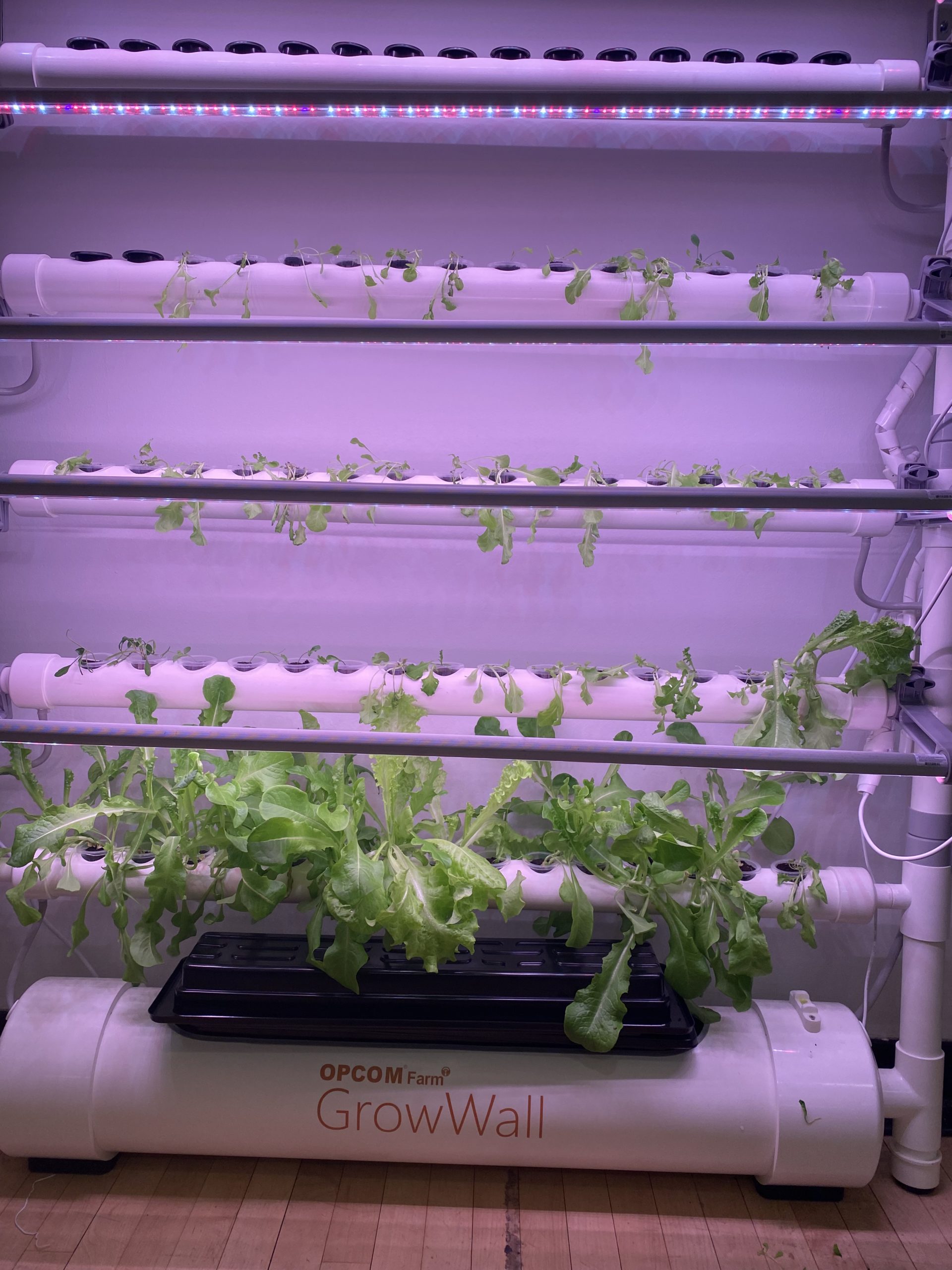
Photo by Monica Sager.
“We can’t think about food insecurity without having a further or simultaneous conversation about food sustainability,” Rivera said.
To that end, one provider, 2GetherWeEat, has already set up its first hydroponic farm on March 22 at the Boys and Girls Club of Worcester. The farm is readily accessible in the organization’s front area, producing ready-to-eat vegetables about three or four times a year, with the hope of addressing the high prices that food insecure people would otherwise face at farmers markets.
2GetherWeEat was founded less than a year ago, focusing on the very real — and pervasive — issue of food insecurity.
“2GetherWeEat, the name speaks for itself,” said Charles Luster, founder of 2GetherWeEat. “Together with us working collaboratively throughout our community, we’ll be able to feed a lot of people, and a lot of people will be able to eat.”
2GetherWeEat collaborates with nonprofits using grants and donations to set up hydroponic gardens that will be installed at nonprofit locations. Everything grown goes back to the organizations’ membership, to food banks and to the local communities. The program is collaborative, with youth and other participants tending to the plants and learning about the growing process.
“I thought it was a perfect fit for our organization,” said Liz Hamilton, executive director of the Boys and Girls Club. “And of course with one out of five kids going to bed hungry in Worcester County, whenever we can find ways for our kids to be involved in a positive program that’s about providing food, I want to be involved with it.”
Hamilton said that the Club has previously partnered with other organizations to create gardens, but those were not sustainable year-round. Since 2GetherWeEat’s hydroponic farm is indoors, the weather and growing seasons are not an issue.
The organization has also partnered with Worcester’s YWCA of Central Massachusetts. The Y’s Executive Director Linda Cavaioli said their domestic shelter struggles to obtain fresh fruits and vegetables for its residents, and she looks forward to this program providing a boost. The food shortage is something they have not been able to address adequately, especially during the pandemic.
“Most of the other food insecurity programs that I know are one and done,” Cavaioli said. “You deliver the hot meal and then it’s done. It has to be done over and over again. Whereas this is done in addition to learning, education and partnerships. It’s an ongoing opportunity. This way, we’re able to bring the people into the work themselves.”
2GetherWeEat has 70 plants at the YWCA’s domestic violence shelter, with varieties including tomatoes, collard greens and basil. They have another 70 plants at their main facility as well.
At the Boys and Girls Club, there are 88 lettuce plants and two pepper plants, which are being tended to by six fourth- and fifth-grade students. Hamilton says that kids are more likely to eat vegetables if they’ve grown them.
“I also like the [2GetherWeEat] philosophy — once they’ve really been able to grow and expand their organization, the goal is to eventually hire some of our older teens who have gone through the program,” Hamilton said. “I love that. I just think that’s so important.”
The work doesn’t stop with those two locations, either. Five individuals are planting 118 plants at the Black Clergy Church, growing tomatoes, spinach, lettuce, peas and peppers. At the Living Word Church, there are 120 plants, with squash, spinach and collard greens in the mix.
Another benefit of organic farming, advocates say, is that it can create an intergenerational bond, where children can work with older adults. Executive Director of the Central Mass Agency on Aging, Moses Dixon, would like to see hydroponic farming in each of the 61 cities and towns where their agency provides housing. These seniors have been inside for over a year, alone, due to the pandemic, and Dixon believes that hydroponic farming could be the fix this population needs.
“Hydroponic farming, working with that intergenerational piece, is actually therapeutic in terms of mental health and physical health,” Dixon said. “This was a no-brainer for me to not only have this work for the youth, but also build an intergenerational component to it.”
In the Lincoln Village affordable housing community, twenty people are growing 45 pepper plants that the 2GetherWeEat intergenerational program is working on. They are also learning about deep water hydroponics to grow vegetables like cucumbers and squash.
Cavaioli said bringing young and old together could create relationships the children often don’t have at home.
“So many of the children in our childcare and youth programs are not connected to their grandparents, so having the opportunity to be a part of a community with elders and seniors for many of them that’s the first opportunity,” Cavaioli said. “This is something that many young people don’t have the opportunity to experience.”
For Luster, the main hurdle in the widespread adoption of hydroponic farming is inexperience.
“We get used to doing things a certain way,” Luster said. “I think a lot of it is people only know what they know. So to be able to teach our kids something that NASA is doing, that is innovative state-of-the-art, it’s a game changer. I figure once we start this, you’ll see a lot of people doing it.”
Vice President of American Hydroponics, Joe Swartz, has seen the growth of hydroponic farming over the nearly 40 years he’s been in the industry. Neither federal nor local agencies in the United States, like the USDA, keep specific statistics on hydroponics, but Swartz said when he started in 1980, 4 percent of tomatoes in grocery stores nationwide were hydroponically grown. Today that figure is about 80 percent.
Looking ahead, Luster sees the potential for hydroponic farming to enter Worcester homes.
“It’s really important for us to invest in the future. That’s one of the reasons it’s a youth program,” Luster said. “If we can teach our youth today, those are our leaders for tomorrow. To be able to watch the kids’ creativity at this age and to show them that the sky’s the limit—that says a lot.”
That work is underway, with the City of Worcester partnering with 2GetherWeEat to implement a hydroponic garden in Recreation Worcester’s summer programs at 12 parks across the city.
“Well executed hydroponic gardening really offers a chance for people to do large scale gardening,” Mayor Joe Petty said. “I look forward to watching this program grow and feed more people over time.”


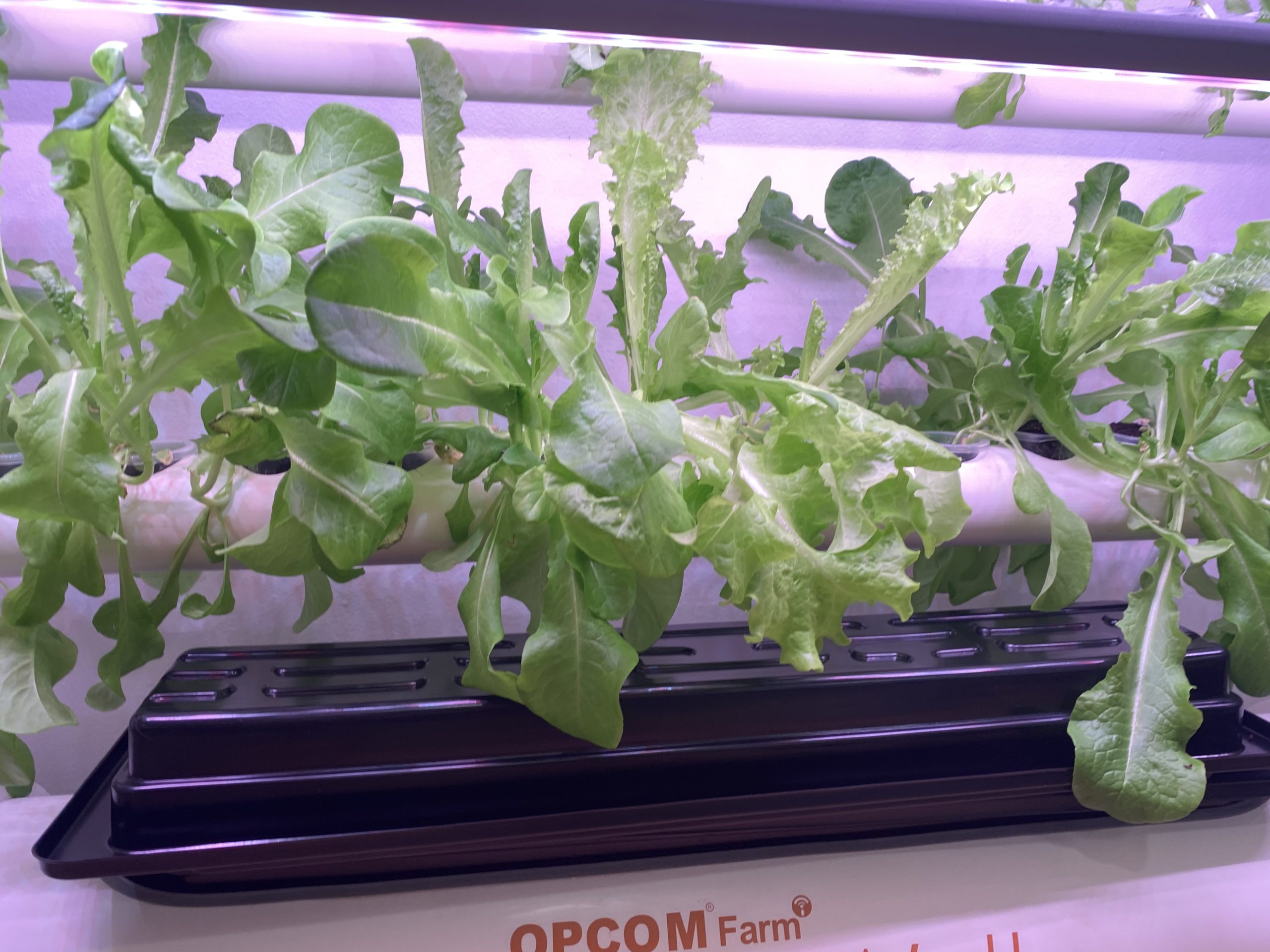

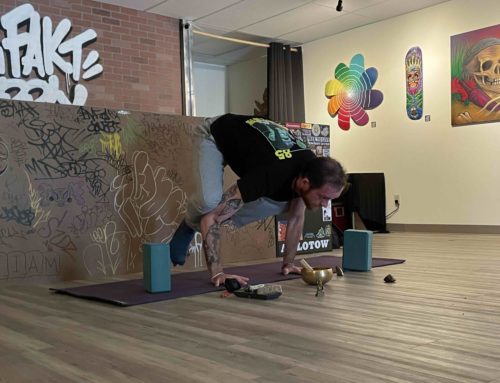
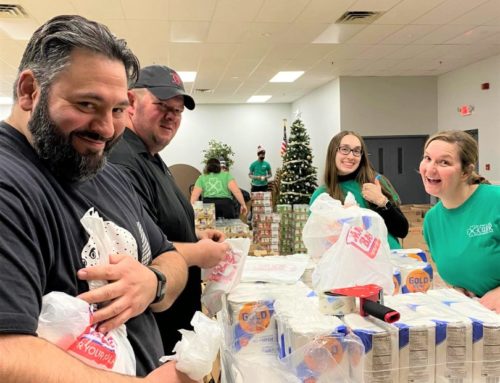
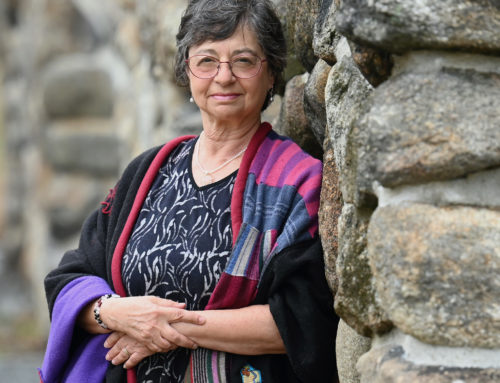
Hydroponics is an excellent idea for growing food IF you can make the entire set up quickly easily and low cost, the probs with some of these set ups is that they cost so much to set up and maintain and most of the time it’s a way for someone to make money which limits WHO can feed themselves in this manner.
I teach natural living, I teach how to find food in your own backyard as well as within a mile of your house. I teach folks how to identify, harvest, use and store the many plants that are growing AND FREE!!! While I DO charge for the workshop I provide I also enjoy being paid via bartering, as well as giving them for free for those that are on assistance, Vets, Sr’s and those fitting in the “median income poverty” (too much for help, not enough for living). My main purpose is to empower people to rely on themselves to feed themselves and their families and not just in the event of another catastrophic incident such as covid. Anyone wanting more information about what I do can get in touch via my fb pg, Modern Pioneer Foraged and Natural Foods